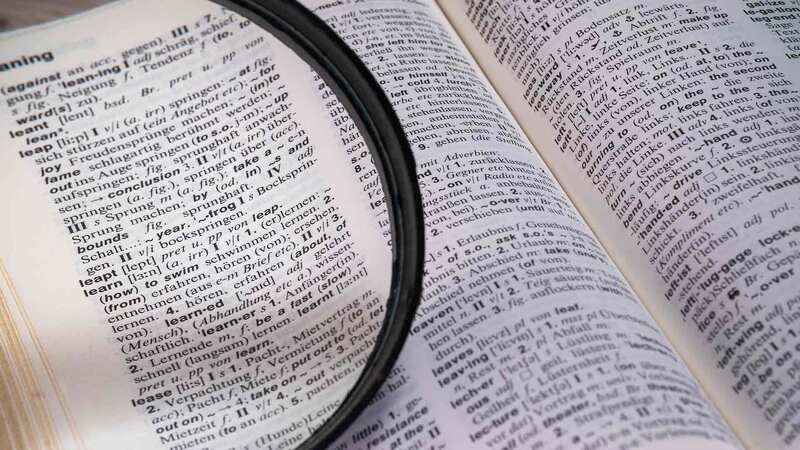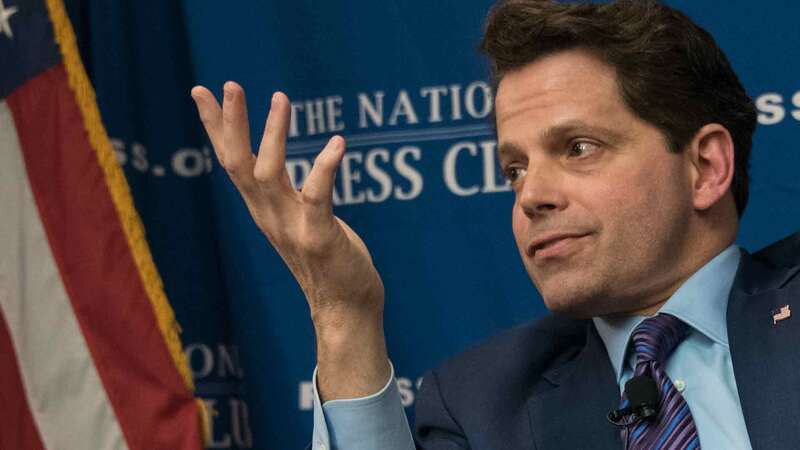You are viewing your 1 free article this month. Login to read more articles.
Planning a book event for 2023? Go hybrid
There’s now a wealth of resources to support organisers looking to bring their IRL literary events online.
Hybrid festivals are here to stay – that’s what disabled and chronically ill authors want, after having access to online literary festivals and events during the pandemic. Increasingly the whole writing community is backing that call. That’s why team #KeepFestivalsHybrid and team Inklusion have joined forces to create an online guide to 2023 hybrid literary festivals – and we need festival organisers to tell us their plans.
As co-founder of the #KeepFestivalsHybrid campaign along with publisher Clare Christian, I’ve spoken to so many DCI authors for whom online access has transformed their lives and careers, giving them opportunities to network with other authors, and speak at and attend events. One such writer, Chloe Timms, author of The Seawomen, commented: "I love in-person events as much as anyone but virtual events throughout the pandemic made the literary world more accessible. There’s no reason not to have the best of both worlds for readers and writers."
This year has seen a clarion call for hybrid events across the publishing profession. Cryptic Arts has published Being Hybrid, a guide to what hybrid events are, their benefits and basic technology for hosting them. Director Jamie Hale describes the guide as explaining "the cheapest and fastest way of offering online as well as offline access to events."
In January #KeepFestivalsHybrid published its own Guide to Putting Your Festival Online. August saw the launch of the much-needed and long-awaited Inklusion Guide, spearheaded by writers Ever Dundas and Julie Farrell, which summarises best-practice accessibility across hybrid, online and in-person events. At the guide’s launch at the Edinburgh Festival, Ever Dundas said, "there’s no excuse" now for the profession to ignore access for disabled people, with the knock-on effect that those who live far away, can’t afford to travel, have caring responsibilities or feel socially excluded from the publishing milieu, will also benefit.
It’s not easy for a potential festival-goer to find out whether their local literary festival has a hybrid element, or to discover others that do. Team #KeepFestivalsHybrid and team Inklusion have put our heads together to solve this.
Dundas and Farrell added: "Access should be an integrated, organic framework – the skeleton around which event provision is built, rather than a peripheral facet or last-minute add-on. We want to see event organisers using the guide, taking the onus off disabled authors and audience members. We hope the Inklusion Guide will help make good access the norm."
A report from The Audience Agency in September 2021, called Focus on Disability, concluded that when it comes to arts activities, "disabled people have been more engaged with digital and look likely to be into the future, but this is in substantial part due to the barriers faced with in-person attendance." The Agency says the report "highlights the importance of continuing digital channels, since removing these would compound the injustice." But how can literary festivals market their hybrid events to their target audiences?
It’s not easy for a potential festival-goer to find out whether their local literary festival has a hybrid element, or to discover others that do. Team #KeepFestivalsHybrid and team Inklusion have put our heads together to solve this. We have created a simple survey for literary festival organisers to complete and tell us about their 2023 dates and hybrid events. Those who meet our criteria (remember that a hybrid event is one that’s streamed live, not an in-person event that’s recorded and put on a website later on) will receive our Hybrid badge of honour to display on their website, demonstrating their accessibility and adherence to best practice. Later this year, once we have received entries, we will create a web guide to UK Hybrid Literary Festivals 2023, enabling festival goers to find festivals they want to attend online – and fast!
I personally am hopeful that the 2023 hybrid festivals guide will help further increase the accessibility of literary festivals to readers and authors, spread awareness throughout the industry and make hybrid the norm, not the exception. So please shout, tweet, share and encourage all the festival organisers in your network, from local events to the big-name nationals, to fill in the short survey.
The final word goes to Joanne Harris, Chair of the Society of Authors’ Management Committee, who pointed out the universal inclusivity of hybrid: "Hybrid festivals allow people, who for reasons of accessibility, finance, geography or health may not normally be able to attend."
Together, we can #KeepFestivalsHybrid.




















